Russian model and curatorial first-timer Olesya Ivanishcheva and multidisciplinary artist, art dealer, and curator Kenny Schachter curated their first show together last month at the historic Edward Mooney house at 18 Bowery in New York’s Chinatown. From Sept. 10 to Sept. 30, Ivanishcheva and Schachter transformed what is considered to be the oldest surviving brick row house in New York City, built between 1785 and 1789, into pop-up art gallery “New ² York.”
The gallery focused on showcasing new talent based in New York, so Ivanishcheva and Schachter decided the name “New ² York” was only apt. The show featured paintings and sculptures by stand-out artists Emily Marie Miller, Tom Rees, Erin Wolf Mommsen, Joseph Olisaemeka Wilson, Kyler Garrison, Julia Jalowiec, Mil Imeraj and Kai Schachter. The exhibition was dedicated to Schachter’s son, Kai, who passed away in 2019, and whose colorful, whimsical works were a highlight of the show.
Ever since leaving Russia as a young teenager to become a model, Ivanishcheva’s life has invariably been shaped by art and beauty. At the age of 16 while living and modeling in Paris, Ivanishcheva became entrenched in the art scene of the city, hanging out with curators and gallery owners who taught her the ropes of the industry.
As a painter herself, one of her pieces she painted in Paris during COVID was purchased by one of the biggest Canadian art collectors.
Collaborating with Schachter, a well-established name in the art world, on her first curatorial endeavor as a 24-year-old is no small feat. Ivanishcheva and Schachter met in Florence, Italy at Schacter’s son Adrian’s show at Spazio Amanita in the summer of 2022. The pair bonded over their similar artistic perspective.
“I like Kenny’s point of view on things. He likes fun. He likes clumsy. He likes what not everybody’s gonna like,” Ivanishcheva said of their introduction. She wrote to Schachter upon finding out she had the opportunity to curate a gallery space due to his extensive artist network in New York.
“I know the art people in Europe, but I don’t know many art people here in New York. And then it was like, why don’t I team up with Kenny?” Ivanishcheva said of the collaboration.
The nature of the space was relatively bare-boned. Raw wood-planked floors, crumbling brick walls (presumably from the building’s original genesis) and unsealed windows gave the gallery an unfinished feeling, allowing the art to stand out and shine even brighter.
Ivanishcheva noted the stressful circumstances the gallery opened under.
“The space had been closed for years so when I came, it looked like a garage,” she said. “Everything was dusty, there were trash piles, bricks, and construction.”
In the month before the gallery opened, Ivanishcheva and Schachter hired a team of people to clean up a pile of 300 bricks in the center of the gallery, install lighting, and hang the works, which were facilitated by Schacter. Each artist had two to three pieces on display on three adjacent walls of the gallery. The contrasts between each artist were stark in terms of use of color, mediums and subject matter.
None of the works were labeled with the artist’s name or the title of the work, but every piece had such individuality, they almost didn’t need to be. Perhaps Ivanishcheva and Schachter were most successful in their pursuit of bringing together a collective of artists who are each so distinct and emboldened in their own personal styles, none of them need to be labeled as anything.
Artist and skateboarder Kyler Garrison and his large-scale airbrush paintings were a stylistic standout of the exhibit. Garrison uses an airbrush technique with acrylic and oil on cradled wood to achieve the glowy, trancelike quality in his pieces — which touch on themes of nostalgia and childhood. One of his pieces in the show titled “missed calls (lacerations)” shows a child—evoking the style of the Precious Moments porcelain figurines—praying by candlelight on a lace blanket. The fuzziness and lack of refined shapes that the airbrush creates adds to the dreamlike quality of the piece. Similarly, in his piece “i love u flower petal,” the structure in the background almost looks like it’s fading away into a dream with butterflies flying by. If you’re not careful, you’ll miss the “i love u flower petal” etched into the canvas and the rhinestones that embellish the wood panel and add to the whimsy of the piece.
Perhaps the most opposite in style and composition from Garrison, was artist Tom Rees. Rees uses large-scale canvases, oil paint, and bold, solid colors to portray everyday objects and beings in a simple state of motion. His brash, wide brush strokes are purposeful and create a sense of movement throughout his pieces.
“I like to get the paint down quickly and not think about it too much,” Rees said of his painting philosophy.
In his painting “Stepping Out,” he portrays a figure seemingly stepping through a hole in a brick wall into the outdoors using only simple, solid colors and black. Rees explained that he paints instinctively and doesn’t use reference photos when working on a piece.
“I’m often heading towards a place where the painting surprises me, appears uncanny or looks to me like I didn’t paint it,” he said.
While his compositions are uncomplicated, there is a certain sense of humor in their straightforwardness.
Ivanishcheva impressed upon the point that everyone’s personal identity is what makes this group so individual and masterly.
“You know, all these artists they’re, not just painters. With time, I got to know them as people as well,” Ivanishcheva said. “Let’s say Joseph, he’s like a talented musician. Or Kyler. He’s a skateboarder who paints such delicate paintings, you know? It’s so insane. And, Tom, he’s a father of two kids, you know? And he paints those rats and demons. And Emily, I mean, her works project such a strong feminist, feminine beauty.”
“New ² York” balanced a myriad of artistic personalities and perspectives while remaining cohesive. The curation felt conversational, which is a nod to the chemistry of Schachter and Ivanishcheva as collaborators. The curators shared values of fun, clumsiness and controversiality in art came together seamlessly in the exhibit to showcase a new school of New York artists. The success of “New ² York” was in the sincerity that illuminated the artists’ work, and in each creative’s genre-fluid capabilities.

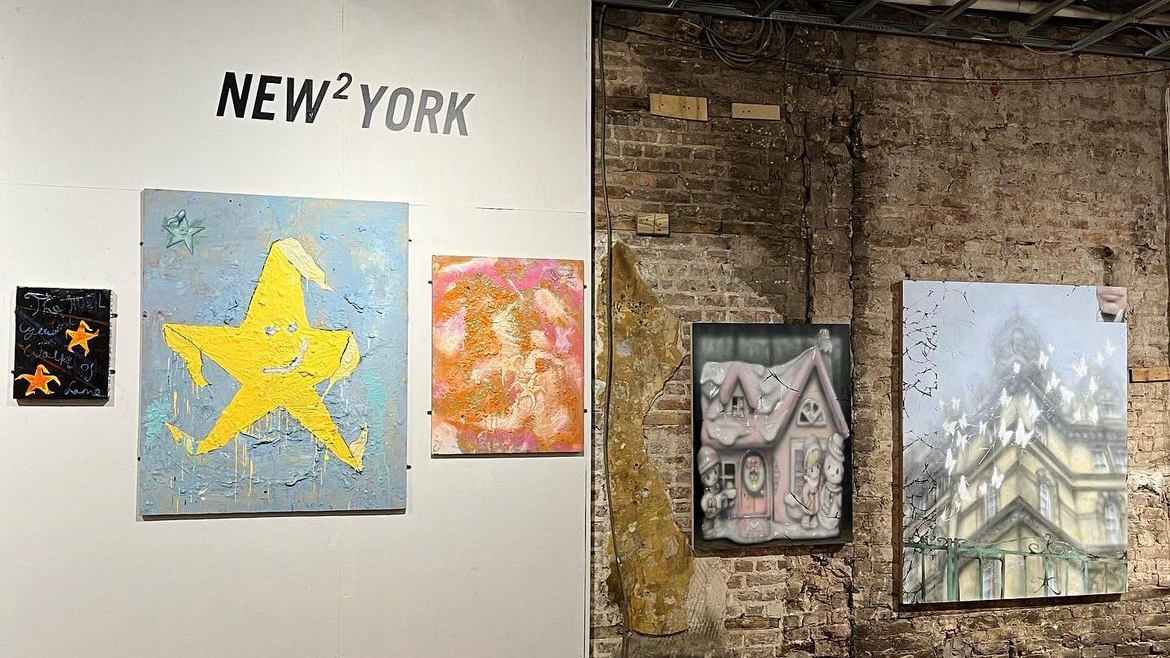
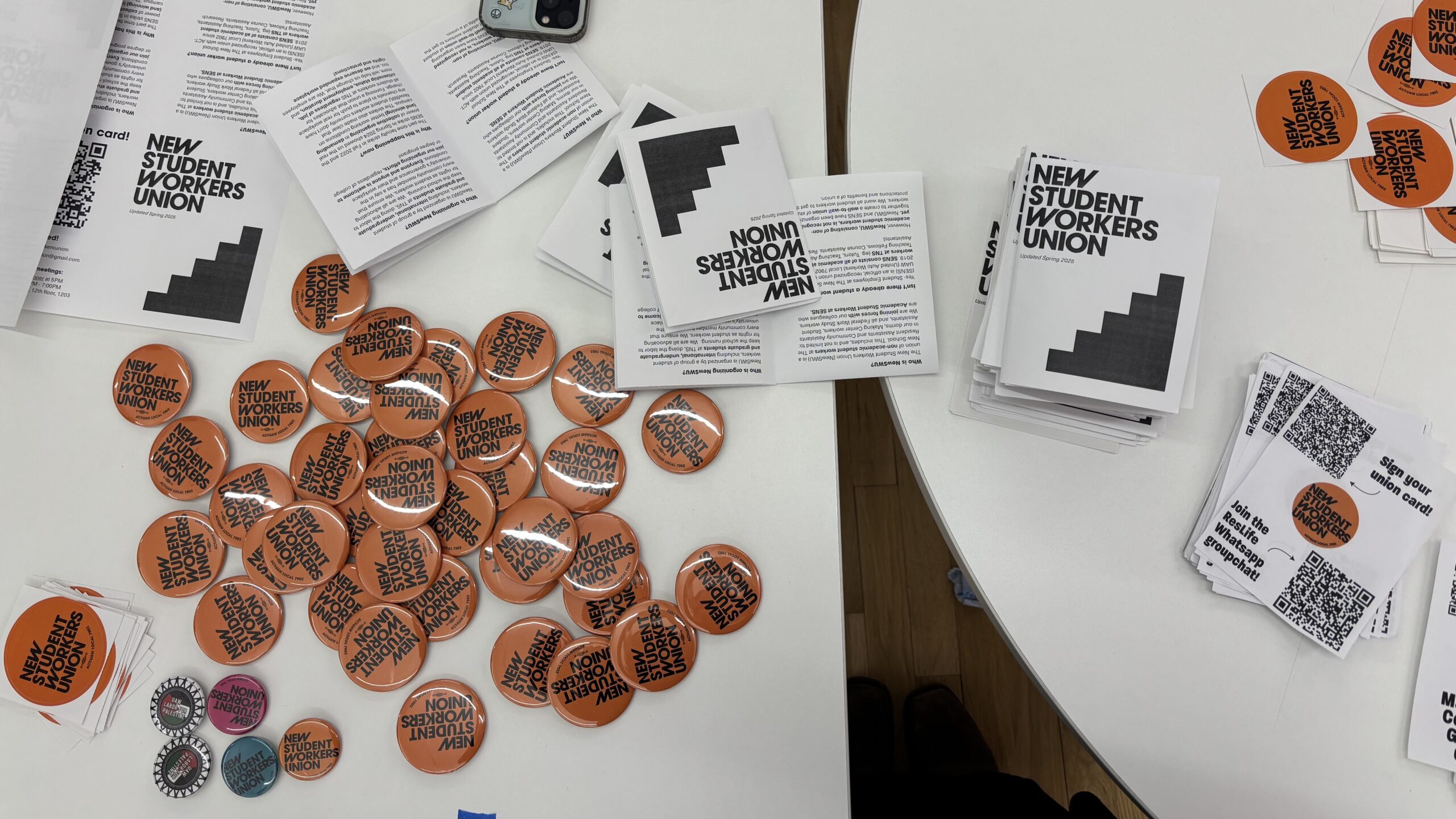
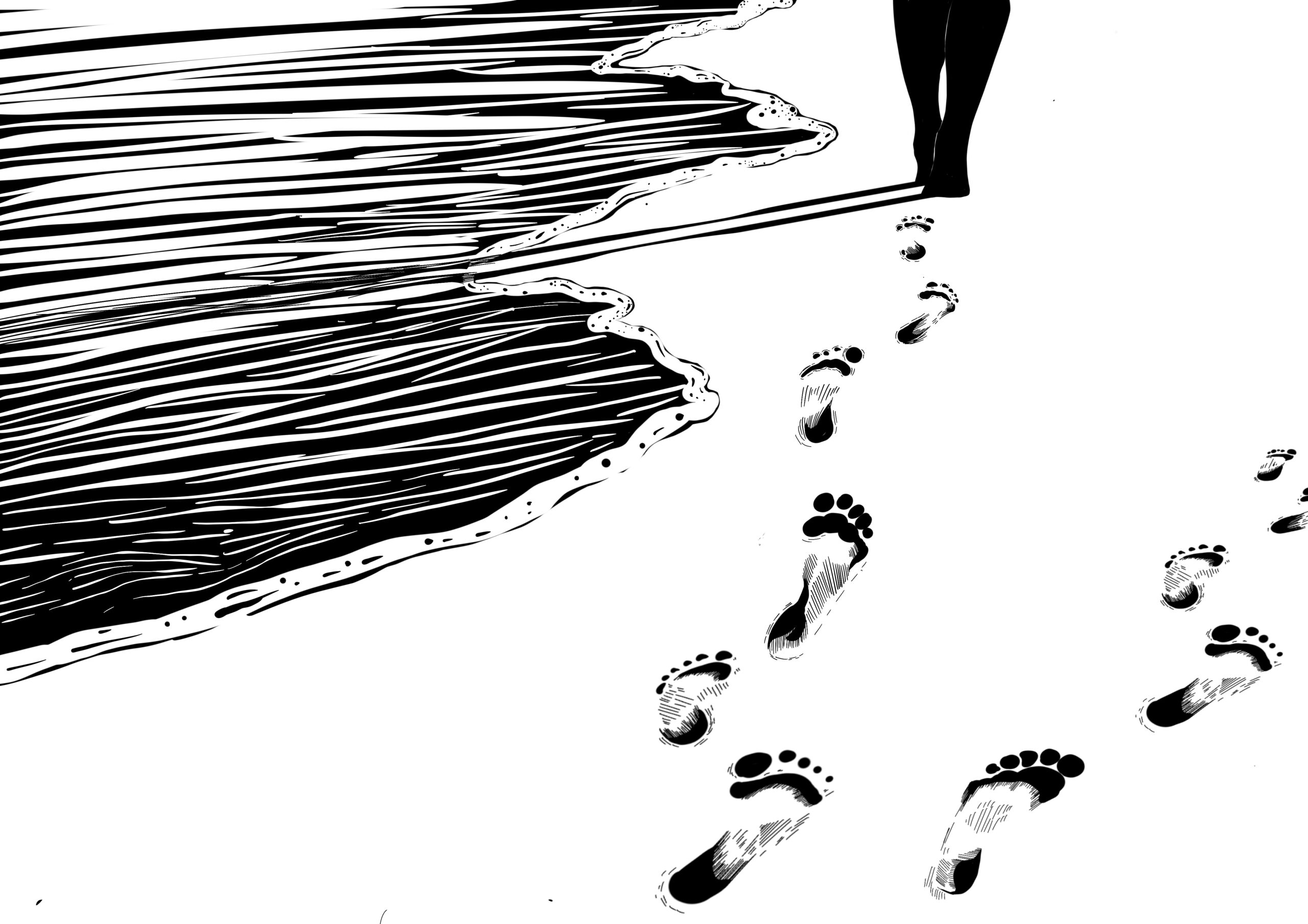
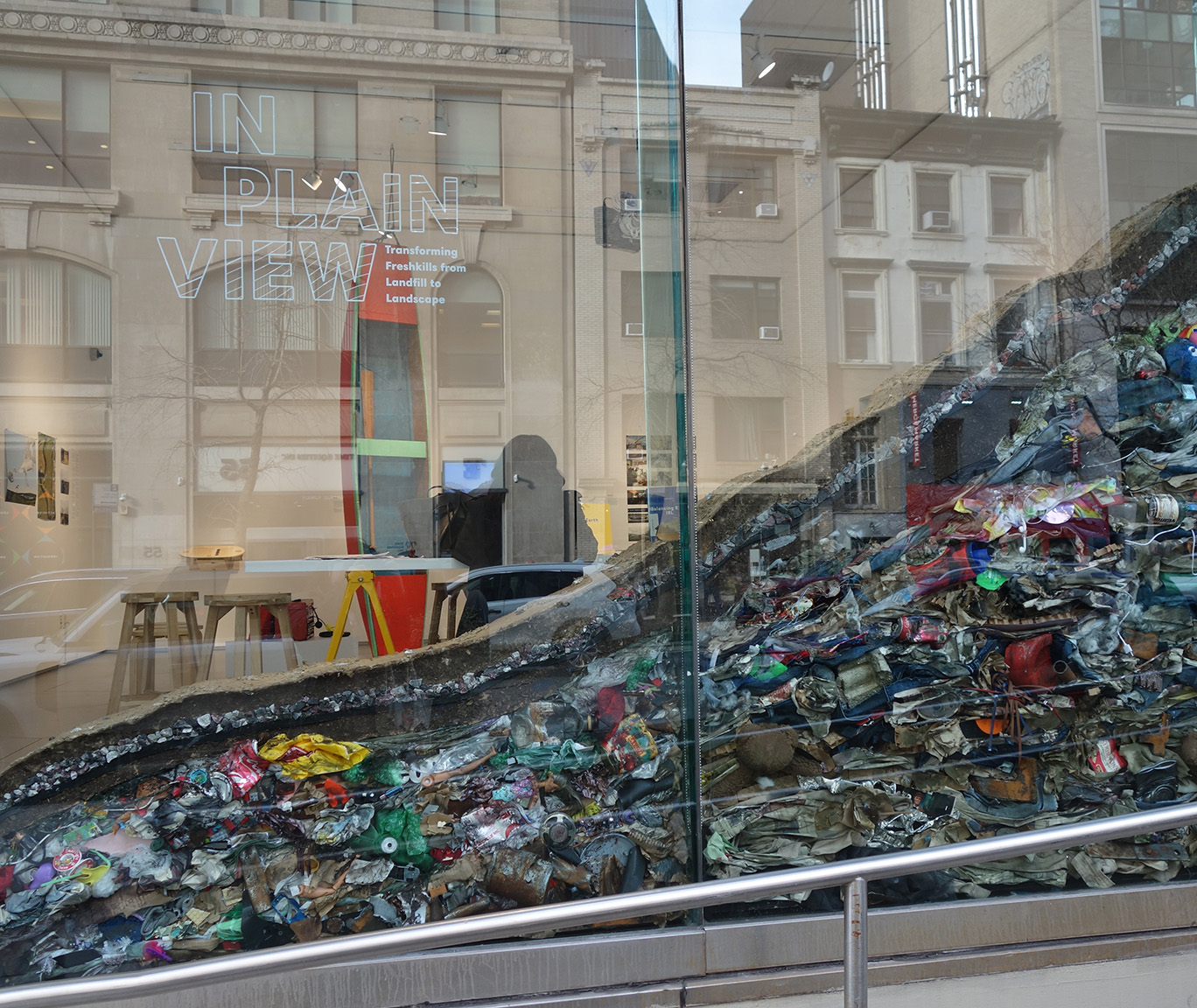
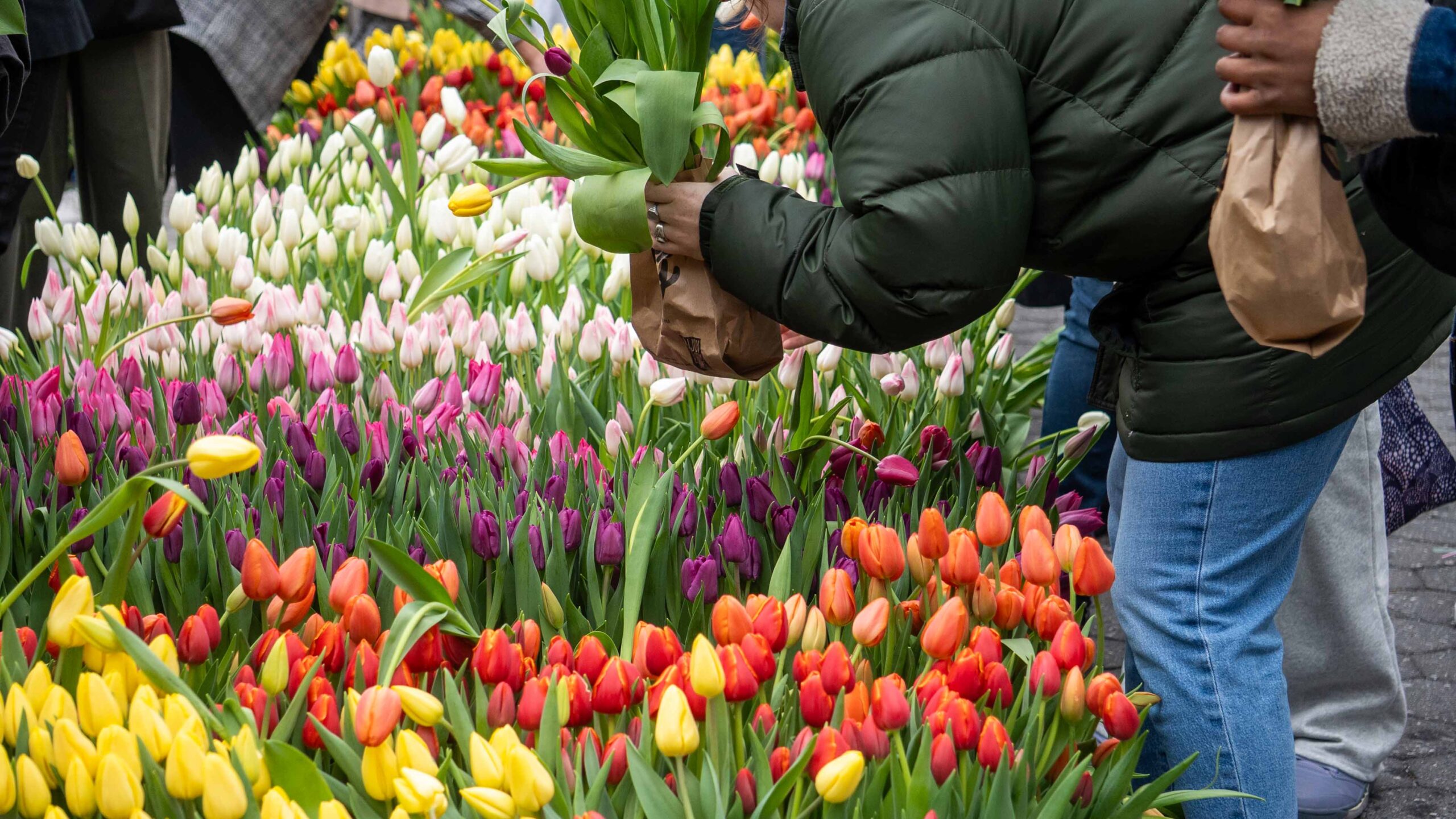
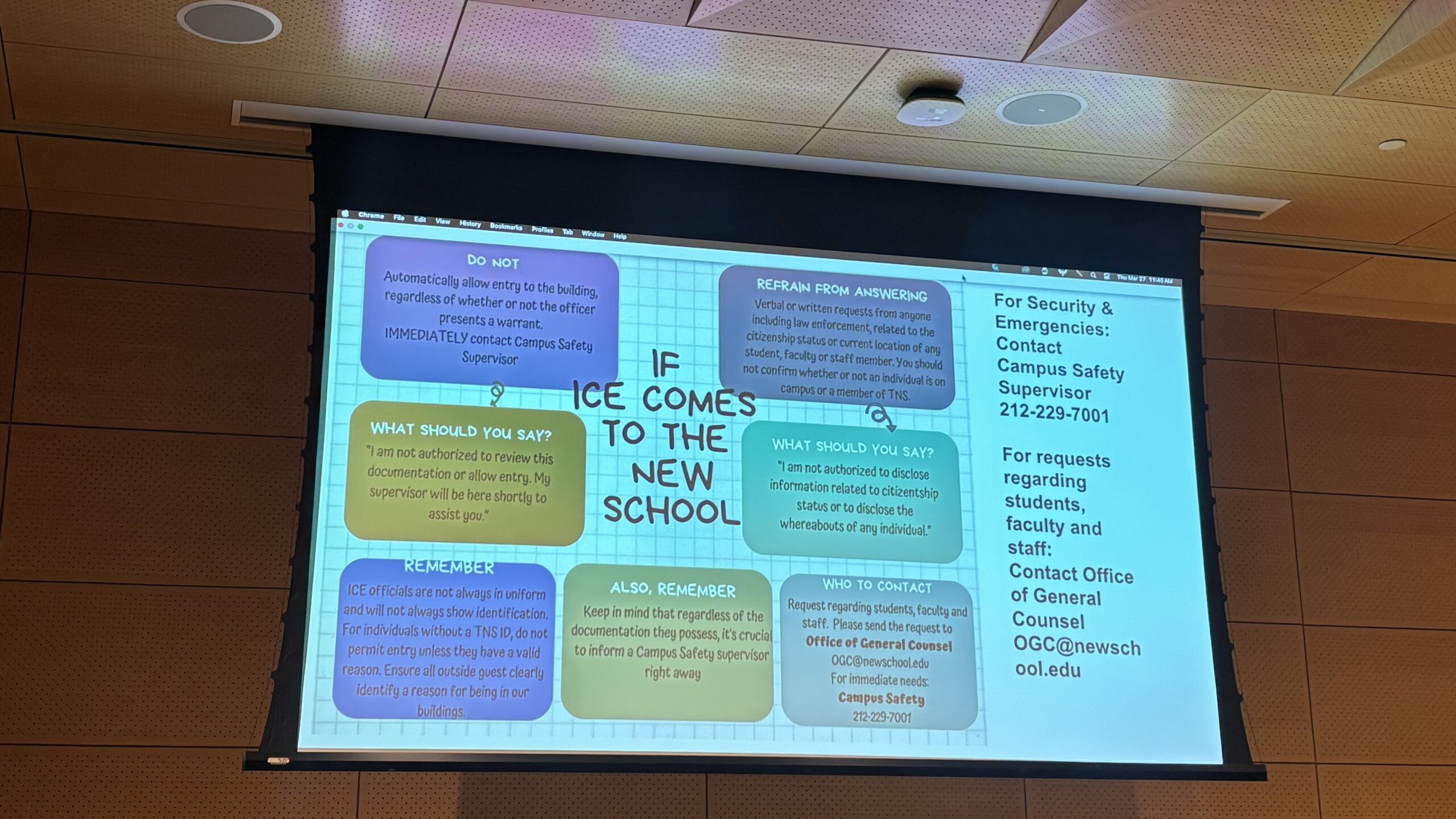
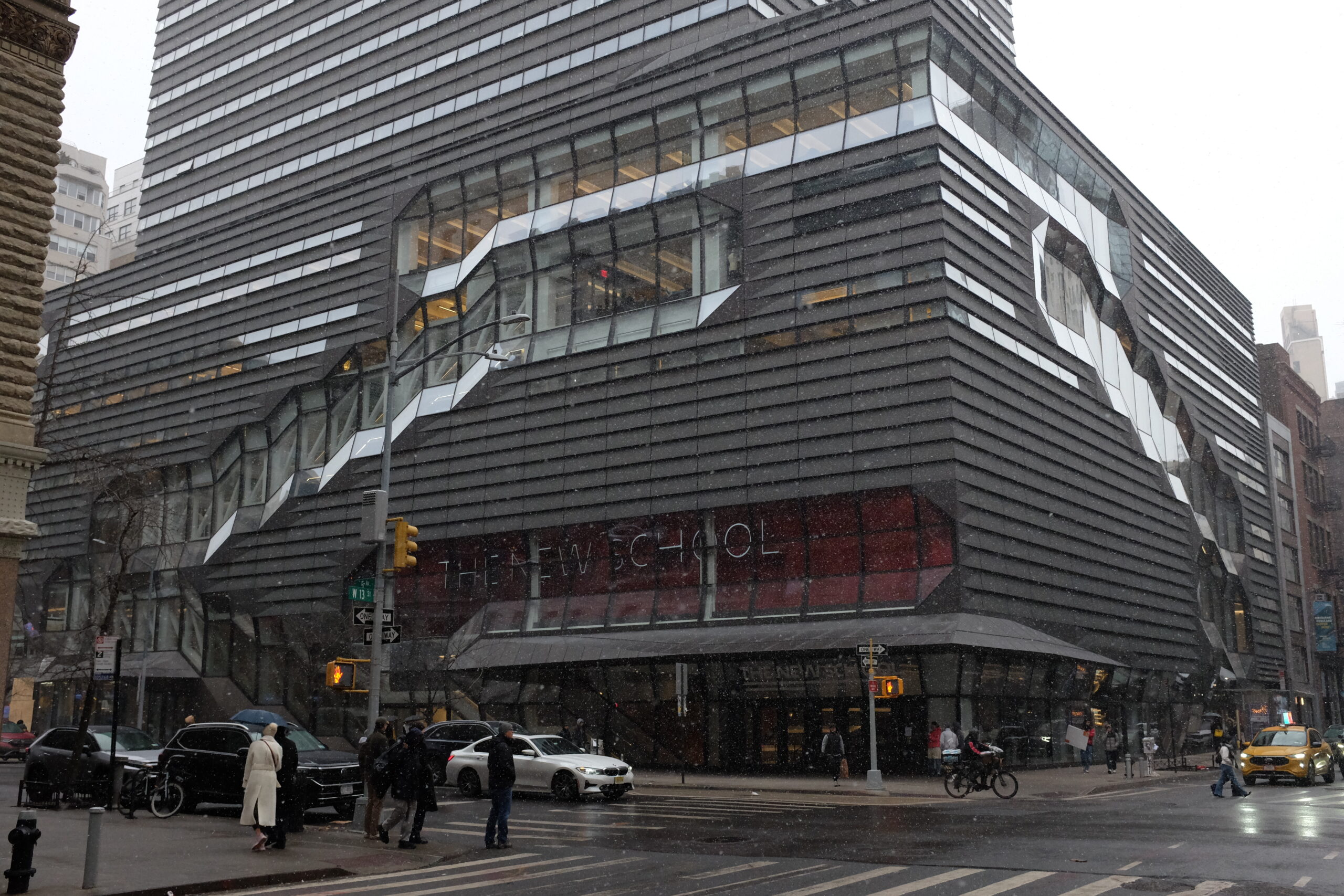
Leave a Reply